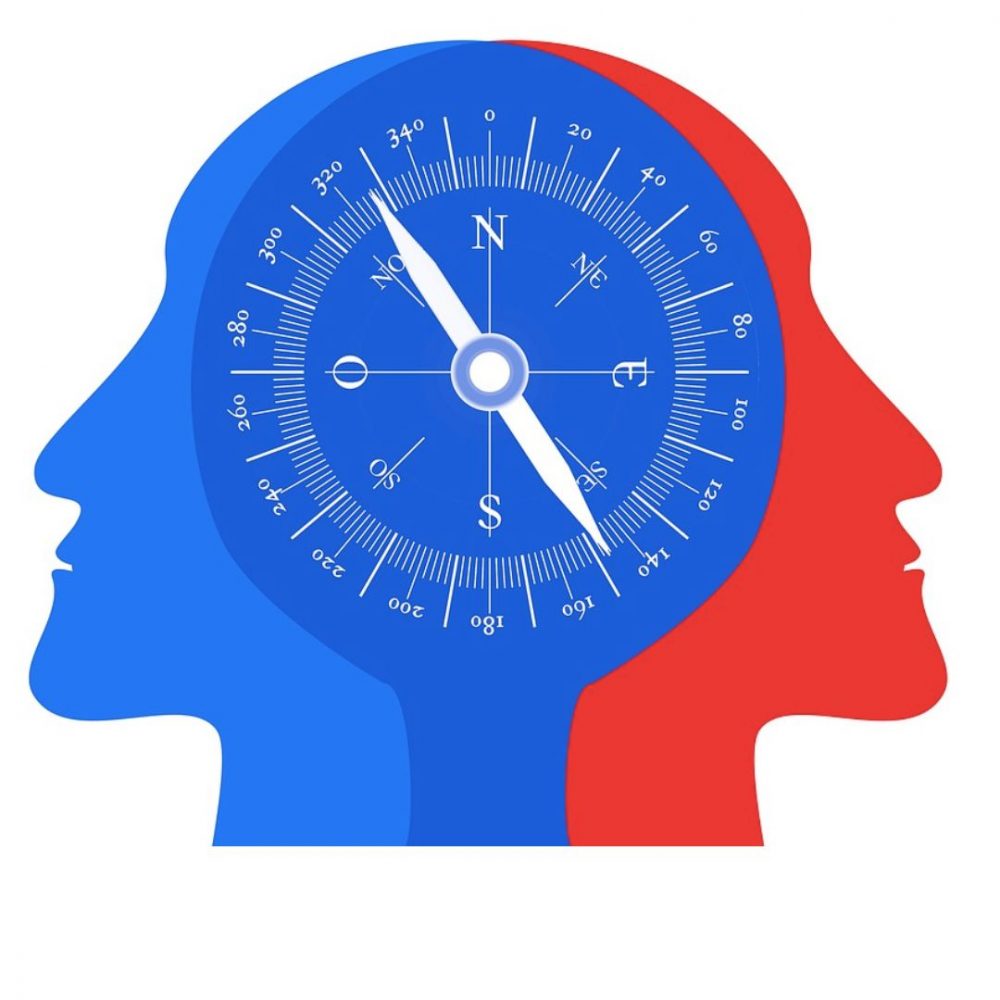
Body’s Timekeeper: Meet the Biosynthetic Clock!
Recommended for Preparatory Grades
Greetings young learners! Today, we’re going to talk about science – but don’t worry, we’ll make it fun and exciting! Have you ever wondered how plants and animals know when to wake up or go to sleep? Well, scientists have been studying a thing called a “biosynthetic clock” to figure out the answer!
So what exactly is a biosynthetic clock, you might ask? It’s like an internal clock that organisms have, which helps them keep track of time and know when to perform certain activities. This clock is made up of various proteins and genes, which work together to create a sort of biological timer.
Biosynthetic Clocks: Nature’s Timekeepers
- Scientists have been studying the biosynthetic clock in different organisms, such as fruit flies, plants, and even human cells, to learn more about how it works. They’ve discovered that this clock is incredibly precise, and can even adjust itself based on changes in the environment, like the amount of light or temperature.
- One fascinating thing that scientists have found is that disruptions to the biosynthetic clock can have negative effects on an organism’s health. For example, people who work night shifts or have irregular sleep patterns may be at a higher risk for certain health problems, like obesity and heart disease, because their biosynthetic clocks are out of sync with their normal daily routines.
- Understanding the biosynthetic clock is important for many different areas of science, including agriculture, medicine, and ecology. Scientists hope that by studying this clock, they can better understand how organisms adapt to changes in their environment and find new ways to improve human health.
- So there you have it, young scientists – a quick introduction to the fascinating world of biosynthetic clocks! Who knew that our bodies had their own little clocks ticking away inside of them?
Similar Stories
- Synthetic Humans: Exciting Science, Tricky Ethics!
- Miniature synthetic brains with eyes!
- Scientists built the first Artificially Intelligent mouse!
- Scientists can read minds with computers!
- Decoding the Science Behind Desert Dryness!
Watch a video
Unlocking Secrets of Your Biological Timekeeper: The Science of Circadian Rhythms!
Curious Times is a leading newspaper and website for kids. We publish daily global news aligned to your learning levels (also as per NEP 2020): Foundational, Preparatory (Primary), Middle and Senior. So, check out the News tab for this. We bring kids’ favourite Curious Times Weekly newspaper every weekend with top news, feature stories and kids’ contributions. Check out daily JokesPoke, Tongue Twisters, Word of the Day and Quote of the Day, kids need it all the time.
ME – My Expressions at Curious Times is your place to get your work published, building your quality digital footprint. And it is a good way to share your talent and skills with your friends, family, school, teachers and the world. Thus, as you will step into higher educational institutes your published content will showcase your strength.
Events, Quizzes and Competitions bring students from over 5,000 schools globally to participate in the 21st-Century themes. Here schools and students win certificates, prizes and recognition through these global events.
Sign-up for your school for FREE!
Communicate with us: WhatsApp, Instagram, Facebook, Youtube, Twitter, and LinkedIn.
0 (Please login to give a Curious Clap to your friend.)
